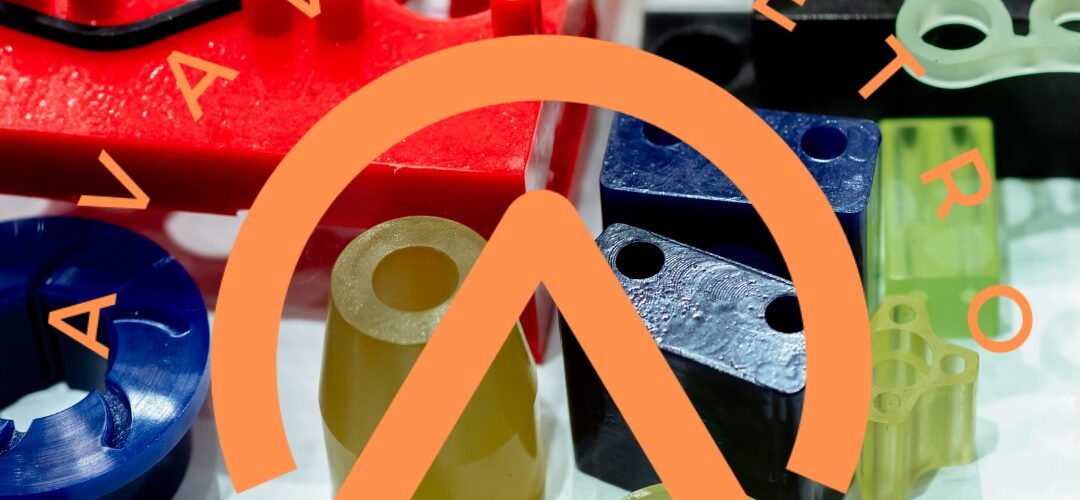How is ABS Used in Electrical Materials
Understanding the Applications of ABS in Electrical Materials
Introduction
ABS, short for Acrylonitrile Butadiene Styrene, stands out as a remarkable thermoplastic polymer. Its versatile nature has propelled its application across numerous industries, with a notable presence in the realm of electrical materials. In this comprehensive guide, we delve into the multifaceted usage of ABS in electrical components, shedding light on its properties, benefits, and wide-ranging applications.
Properties of ABS Relevant to Electrical Materials
- Electrical Insulation Capability
One of the primary reasons for the prevalence of ABS in electrical materials is its commendable electrical insulation properties. ABS demonstrates a high level of resistivity, making it an excellent insulating material, crucial for various electronic and electrical applications.
- Mechanical Strength and Durability
ABS offers an exceptional balance of strength and durability. Its robustness allows electrical components manufactured with ABS to withstand mechanical stress, impacts, and temperature variations, ensuring long-lasting performance and reliability.
- Chemical Resistance
The resistance of ABS to various chemicals is another significant attribute contributing to its usage in electrical materials. This resistance ensures the material retains its structural integrity when exposed to different environmental factors, such as moisture or certain solvents.
Applications of ABS in Electrical Materials
- Housing and Enclosures
The application of ABS in electrical enclosures and housings is extensive. Its durability, coupled with good impact resistance, makes it an ideal choice for safeguarding electronic components from external elements while ensuring structural integrity.
- Connectors and Sockets
ABS is widely employed in the production of connectors and sockets due to its remarkable electrical insulation properties. Its ability to provide a secure and non-conductive connection is crucial in maintaining the safety and efficiency of electrical systems.
- Switches and Control Panels
ABS’s mechanical strength and resistance to wear and tear make it a preferred material for switches and control panels. Its capability to endure repeated use while maintaining functionality is indispensable in these applications.
- Wiring Components
ABS is also utilized in manufacturing wiring components such as cable sheaths and insulating covers. Its electrical insulation properties play a pivotal role in safeguarding wires and cables, preventing electrical hazards.
Conclusion
The versatile nature of ABS has rendered it indispensable in the realm of electrical materials. Its exceptional properties, including electrical insulation, mechanical strength, and chemical resistance, contribute significantly to the reliability and safety of various electrical components and systems.
Written by Emir Narin

